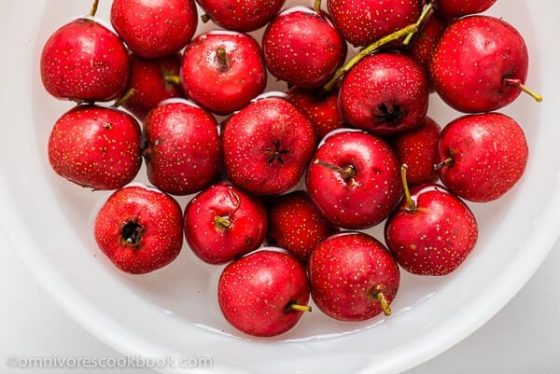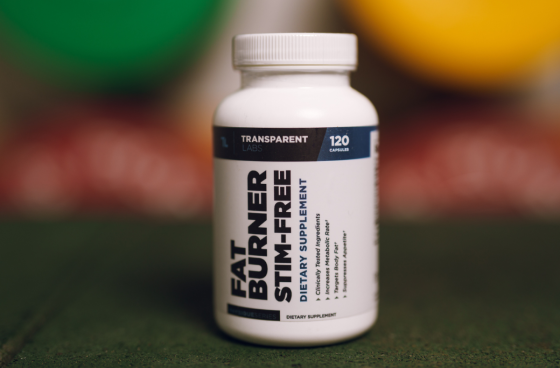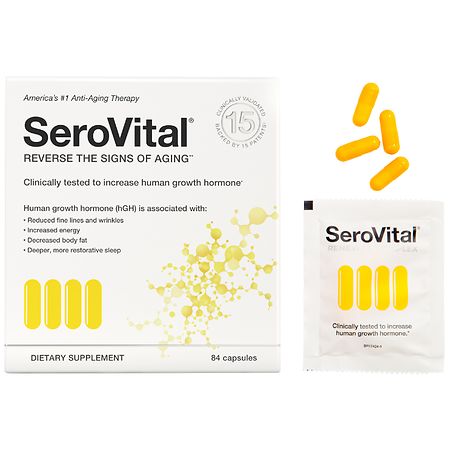As per the data from the Centers for Disease Control and Prevention (CDC), heart disease ranks as the top cause of death in the United States. The term “heart disease” is a broad category that includes various conditions affecting the heart, including damage to the heart’s lining, valves, muscle, arteries, or its electrical system. Certain risk factors for heart disease, such as smoking, diet, and lack of exercise, can be controlled, while others like age, gender, and ethnicity are beyond control. Adopting healthy lifestyle practices is crucial for reducing the risk of heart disease. Natural supplements can be part of this regimen, providing heart health benefits. Here are five supplements known to potentially reduce the risk of heart disease:
1. Omega-3 Fatty Acids: These are vital for human health, yet the body does not produce them. Clinical studies suggest that EPA and DHA, the two omega-3 fatty acids found in fish oil, help mitigate risk factors for heart disease, such as high cholesterol and hypertension.
1. Coenzyme Q10: This substance, similar to a vitamin, is found throughout the body, particularly in the heart, liver, kidney, and pancreas. CoQ10 is abundant in heart muscle cells and acts as a coenzyme in cellular energy production. It is naturally present in small quantities in various foods, with organ meats, beef, soy oil, sardines, mackerel, and peanuts having particularly high amounts.
1. Psyllium: Derived from the Plantago ovata herb, psyllium is a soluble fiber. This shrubby plant is prevalent worldwide, most commonly in India. Psyllium is used to treat several conditions, including high cholesterol and hypertension.
1. Niacin: This B-complex vitamin is used by the body to convert carbohydrates into energy. It is often prescribed to increase high-density lipoprotein (HDL), or “good” cholesterol. Apart from its effect on HDL, niacin is also known to reduce low-density lipoprotein (LDL) and triglyceride levels, both of which are significant risk factors for heart disease. Niacin supplements are available, but it’s commonly found in multivitamins.
1. Hawthorn: This thorny shrub, common in sunny wooded regions worldwide, produces berries, leaves, and flowers that contain antioxidant flavonoids. Both animal and human studies suggest that hawthorn enhances coronary artery blood flow, improves circulation, and reduces blood pressure. It’s used to help guard against heart disease and manage high blood pressure and cholesterol. It can be found as a standalone supplement, often in liquid form, or combined with other ingredients.
Supplements can significantly contribute to maintaining optimal health and preventing diseases. When deciding on which supplements to incorporate into your daily regimen, don’t forget to keep your heart health in mind!
Discounted vitamins and herbal supplements can help support vision. Vitamins and supplements can fill essential gaps and enhance the quality of life for individuals of all ages.











